The advent of a multipolar world is upon us. It is evident that no single country is going to be supremely powerful by the middle of the 21st century. More and more countries are emerging as rising powers that can pose as a challenge to the dynamic structure of the unipolar world. Instead, rising powers like Russia, China, and India are challenging the unipolar order established at the end of the 20th century. Simultaneously, nations such as Iran, North Korea, and Taiwan are introducing new points of conflict, reshaping global geopolitics. Amid this shifting landscape, Pakistan’s role is evolving, necessitating a recalibration of its foreign and diplomatic policies.
For decades, Pakistan has held a strategic position in global politics. The Cold War saw Pakistan acting as a frontline state against the rise of Communism under the USSR. Later, during the War on Terror, it acted as a mediator between the Taliban and Washington. These roles elevated Pakistan’s importance, bringing financial aid and diplomatic clout. Another factor that adds to Pakistan’s importance today is the Gwadar port that ties it to China’s BRI. But with time, geopolitical trends are changing too.
South Asia is no longer the center of conflict anymore. The United States has adopted a balanced approach toward both India and Pakistan, while prioritizing India as a counterweight to Chinese influence. India, on the other hand, is getting a huge benefit as it is now posing a neutral role in world politics and focusing more on inviting foreign investment. This has greatly improved India’s economy and elevated its ranks in front of the world.
China, too, has diversified its BRI projects, expanding its focus to Africa. The Sahel, or the region below the Sahara in Africa, is seen as the new zone for neo-colonialism. In fact, major stakeholders have already moved and set in their anchors for movement. China has had deals with countries for the expansion of BRI, and the USA is on the move with its own Build Back Better World (BBBW) project. Areas such as Sudan have already shown signs of polarizing, and the people are subjected to hardships because of that. Pakistan, on the other hand, has little to no influence in this region and is already losing its importance in South Asia. Though in the past, Pakistan has had a substantially good foreign policy with its support for Morocco and Libya, these days the same kind of lobbying is not there.
Even back in South Asia, our role as a regional power is on a decline, though at a smaller rate. Iran has proven to be excellent at waging proxy wars, and Afghanistan has earned its stripes regarding the tolerance of the turbulent Tehreek-e-Taliban. China has shown restraint to further the funds for CPEC numerous times, and India itself has improved its economy three-fold. While China’s “String of Pearls” strategy to counter India in the Indian Ocean remains active, Pakistan cannot rely solely on external support to address its challenges. China has its own naval issues in the South China Sea.
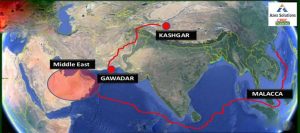
With these issues at hand and Pakistan fast losing its importance, it is evident that a strong policy must be set in stone. For that purpose, I suggest two approaches—one that is focused on internal growth and the second on the external.
Internally, Pakistan needs to focus on its industry as a whole. A stable and strong economy is the basis of international repute. No country can be sovereign in its foreign matters if it is not independent financially. Agriculture, being a major part of its economy, is losing its credibility by the day. Land that is ready for agriculture is being wasted in uncalculated metropolitan growth, and the land that is not cultivated is increasing. Areas such as Baluchistan, where large economic zones can be created, are being left out. Though the projects themselves are not faulty, their implementation and allotted zone are not correct. Also, it is evident that Pakistan must use renewable energy resources to balance the load from fossil fuels. Since the Ukraine war, prices of oil have increased globally, and this has caused inflation in Pakistan too. If energy is maintained from different sources, such global issues will have less effect on our economy.
Externally, Pakistan must focus on making new allies and signing more fruitful pacts and deals. Currently, Pakistan is facing hostile behavior from India and is also having strained relations with Afghanistan and Iran. But to improve the situation, Pakistan must use its proximity to the Persian Gulf as a way to move forward and excel. Garnering influence in Africa is a good aim too, but practically, it will take some time. On short notice, though, Pakistan can work on improving relations on the forums in which it already is. This includes the South Asian Association of Regional Cooperation (SAARC), the Organization of Islamic Countries (OIC), and the Shanghai Cooperation Organization (SCO). Pakistan needs to foster its relations using the forums it already is involved in. Since in 2025 Pakistan is going to be a non-permanent member of the United Nations Security Council, it has a chance to say out loud what the people of Pakistan stand for.
The situation might seem dire to many people, but at the same time, it’s an opportunity for the whole of the people to work together and focus on the future.
As Quaid-e-Azam Muhammad Ali Jinnah famously said,
“There is no power on Earth that can undo Pakistan.”
With determination, unity, and strategic foresight, Pakistan can rise to meet the challenges of the modern era and secure a prosperous future.






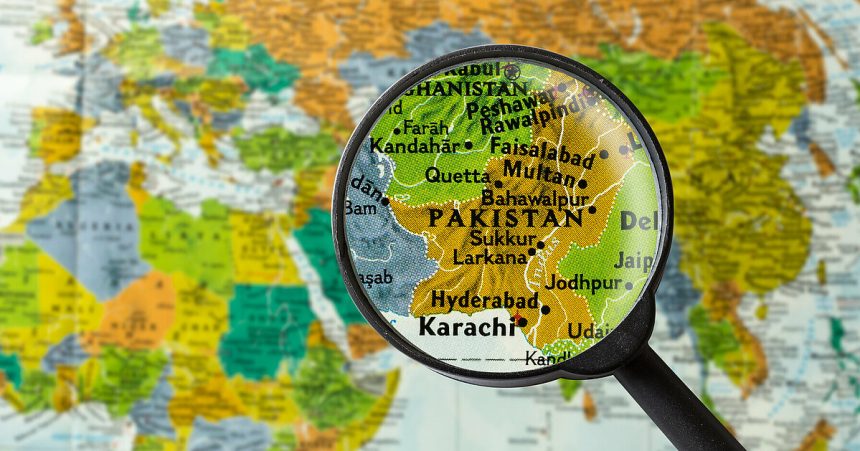
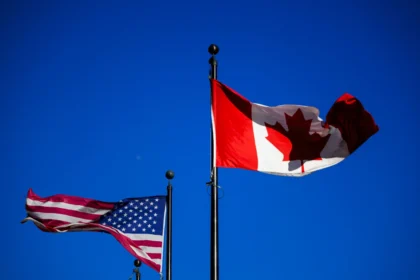
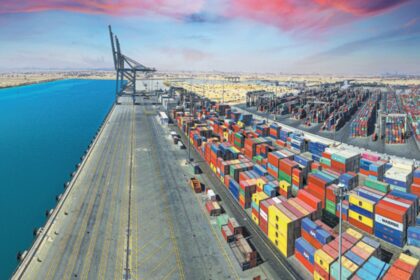



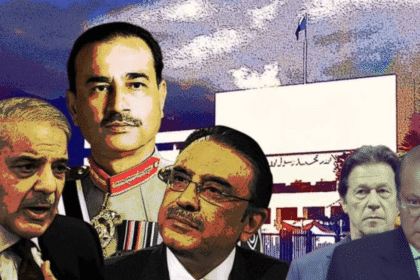




Excellent and knowledgeable
Your analysis regarding the topic deserves a great applause!!!!